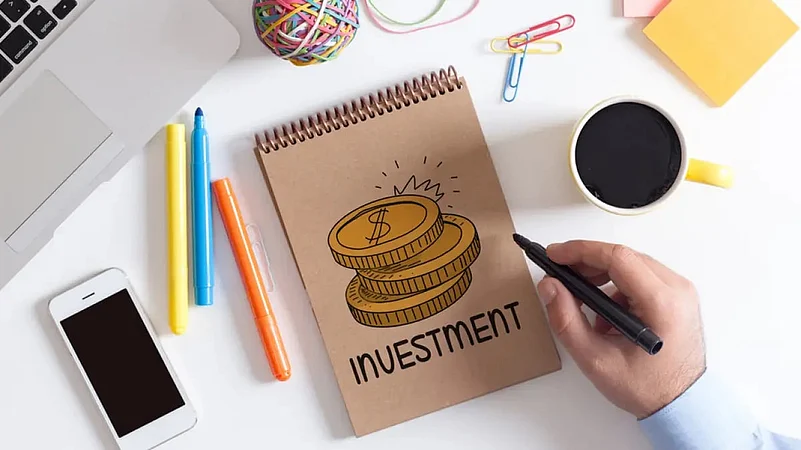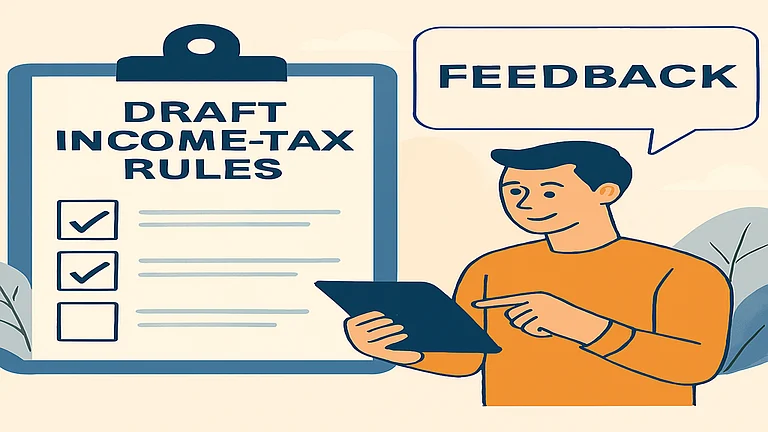Human beings are not always rational beings and often get carried away by emotions and tend to follow their impulses, and that’s true even when it comes to monetary transactions.
According to financial experts, building wealth has a lot to do with your behaviour. “A genius who loses control of his emotions can be a financial disaster. The opposite is also true. Ordinary folks with no financial education can be wealthy if they have a handful of behavioural skills that have nothing to do with formal measures of intelligence,” says Morgan Housel in his book, The Psychology of Money.
Behavioural finance, which is a part of behavioural economics, suggests that people often take decisions based on emotional and hidden biases. Here are three behavioural biases that can impact your investment decisions:
The Need For Action
Patience is the key to investment growth. However behaviourally we all love action. “I have seen people getting impatient waiting for a lift and choosing to walk downstairs. But they reach the ground floor almost the same time as they would have if they had waited and used the lift! That is how much we love action. Because of our impatience. We do the same thing with our investments. We keep getting in and out of stocks based on volatility, jump from one fund to another, make impulsive purchases, change cars frequently. All that is too much action,” says Chenthil Iyer, founder, and chief strategist, Horus Financial Consultants.
Reluctance To Exit Bad Investment
While patience is critical to create wealth in the long-term, we need to be intelligent enough to identify the wrong investments that we have made and get out of them as quickly as we can. Not just because of a temporary loss of money, which can happen with good investments as well, but because of a fundamentally wrong attribute of the investment.
“For instance, many people buy insurance products that have a very low insurance cover and very high investment component in their premium. These products are quite rigid and impose a heavy penalty if you exit prematurely. Moreover, most of these products are highly inefficient when it comes to performance due to high administrative costs embedded in them. However, people tend to continue investing in such policies even after they come to know of its flaws. This is because they don't want to lose the money to the penalties imposed by the product for premature exit. This, in behavioural terms, is called as sunk cost fallacy or putting good money after bad money,” says Iyer.
The money that is levied as penalty is already lost by the respective companies to administrative expenses and, hence, it is a sunk cost and masked as a penalty. The company depends on your future investments to claw back such losses over the remaining period to provide you with the guaranteed maturity benefits offered.
Once you become aware of such investments, it is prudent to cut your losses early and exit them instead of enduring them for the long term under the influence of the sunk cost fallacy.
The Gambler’s Mindset

This happens when the investor has the false belief about the cause and effect of events. For example, he anticipates a certain outcome of an investment based on past records and performance, whereas the odds of an event happening are independent and random in nature.
An investor might harbour the false belief that due to steep fall in the prices for some time, the price would not fall in future. One could possibly overcome this gambler’s mindset by constantly believing that past movements do not correspond to or impact future price action. Hence, it’s advisable to always base one’s investing decision to either buy or sell on accurate information achieved through proper research.
There are loads of erroneous or false beliefs based on emotions or psychological factors that often influence your investment decisions. One of the best ways to overcome them is to stay practical and objective when it comes to investments. Talk to experts, do extensive research and review your thought patterns before making any investment decision.














